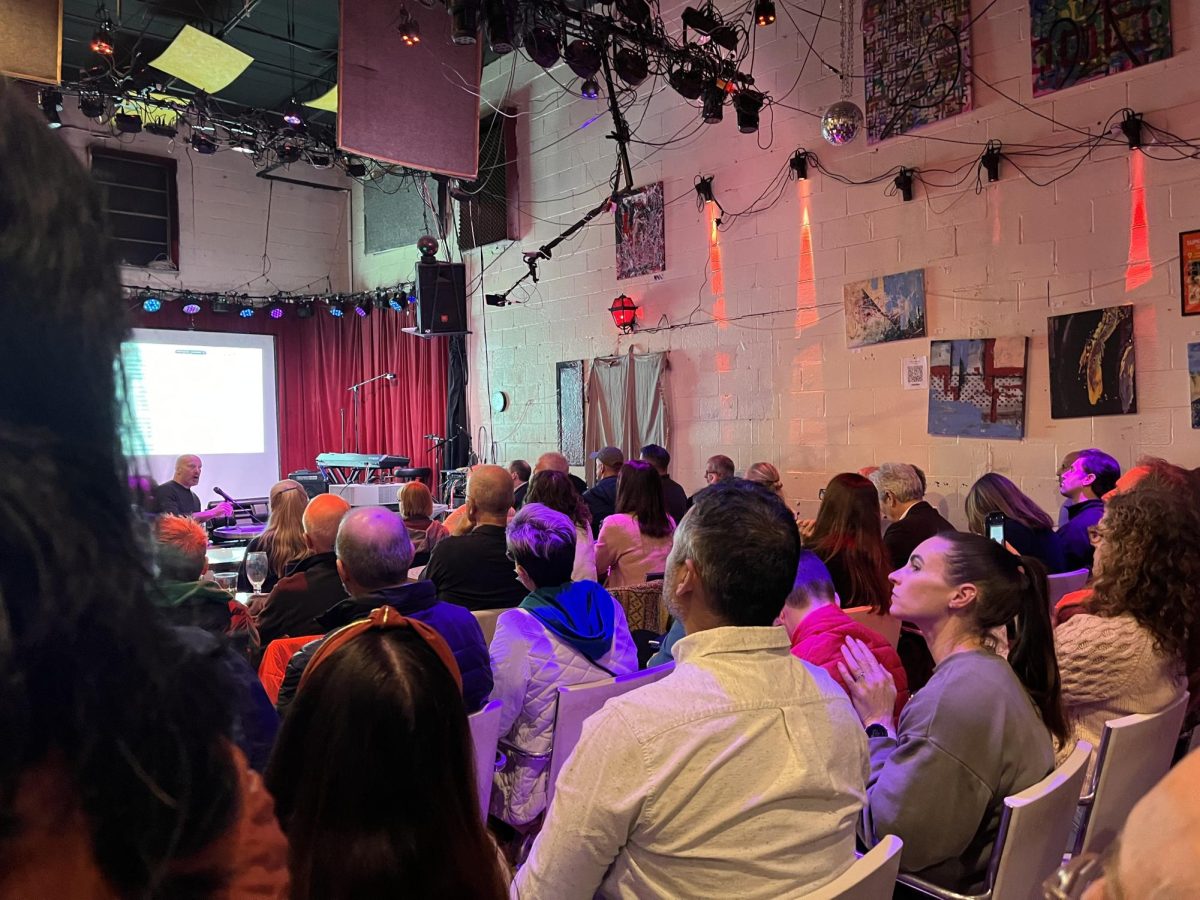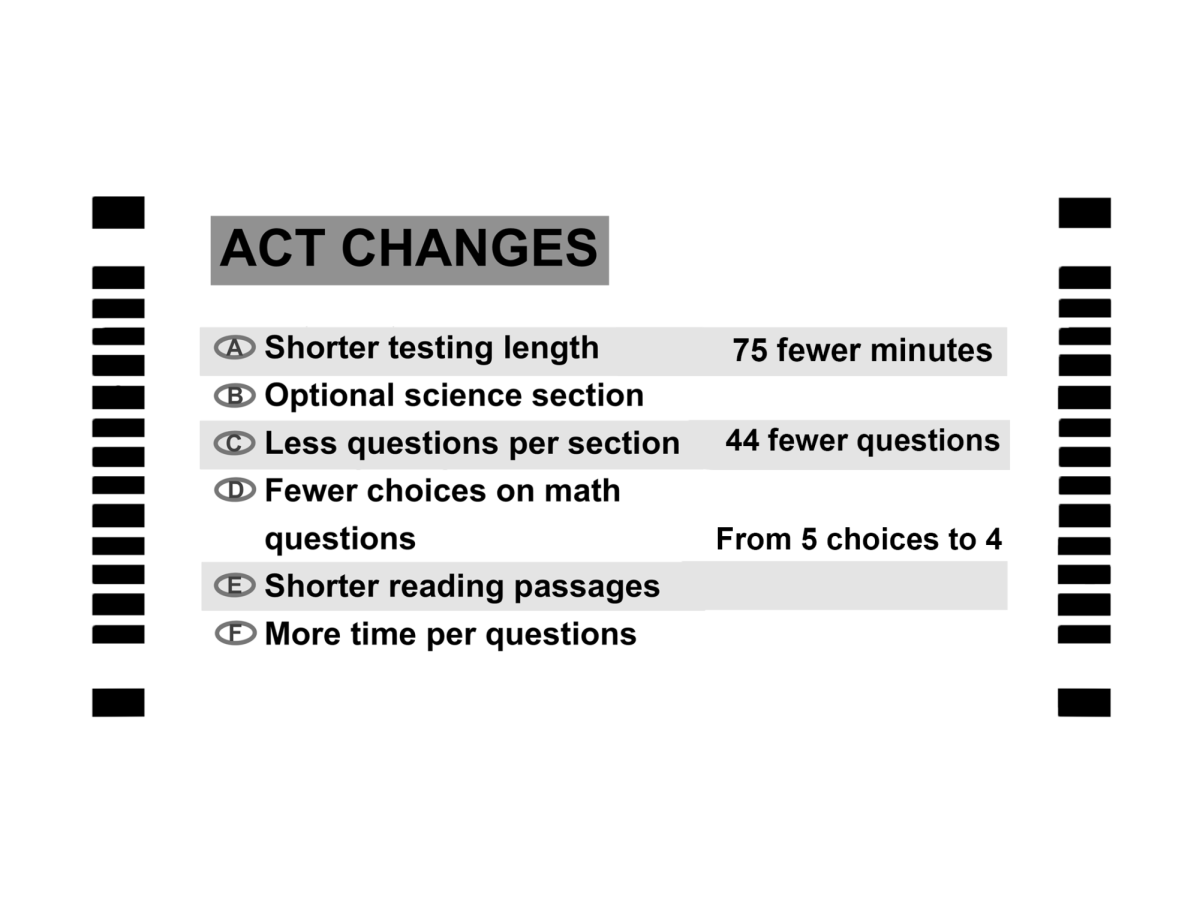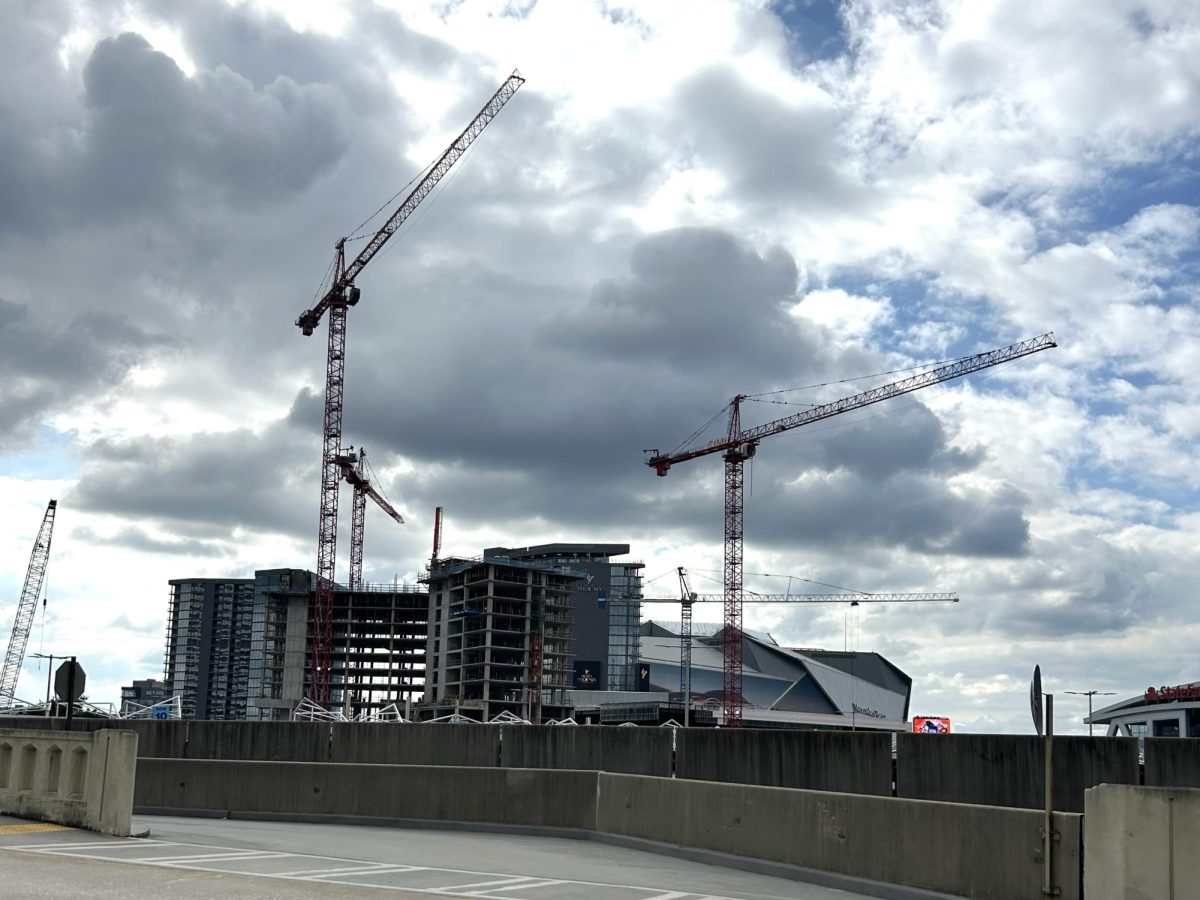Proposals for Amsterdam Walk, a development on the BeltLine have sparked conversations from community members, leading to an extensive engagement process with neighborhood residents.
Aaron Fortner, of the Canvas Planning Group, has led discussions over the past month to gather input for recommendations to real estate firm Portman Holdings, who announced a contract for the development in September 2023.
“City councilmen care about the recommendations of what planning departments say about public policies,” Fortner said. “So, it is imperative to understand what recommendations are in place for this space, which currently plans for 900 units of departments in three different buildings, 90,000 square feet of retail and commercial [space], and 400,000 square feet of office.”
At the end of January, the Virginia-Highland Civic Association and Morningside Lenox Park Association partnered to have a neighbors-only meeting about the future Amsterdam Walk development. Before that meeting, VHCA had already held four neighborhood meetings to hear from Portman directly and to ask questions about the Amsterdam Walk plans.
“[Changes to Amsterdam Walk] are a big issue, and it is super important to have our civic associations engaged, as well as residents,” said City Councilman Alex Wan, who attended the meeting “There is no official application for this process that has been submitted to the city currently, so there is nothing for us to vote for at this point. An integral part of the process for negotiation and solutions to problems in development.”
Wan assured the more than 150 residents attending that the community engagement process will be responsive.
“This is nothing that anyone wants to rush into,” Wan said. “Myself, and everyone involved in this project, want to propose the city as good as possible for residents, so hearing your feedback is everything.”
The area is currently zoned for C-1, which means a strip mall could legally be built there and not require community input. Portman is proposing a development that is smaller and less abrasive to the community than what could be built.
“These meetings are not the time to say, ‘Let’s kill the project,’” Wan said. “Because, if this doesn’t go through, the land is already zoned for something way more intense; an owner could come and build something on a much larger scale.”
Conceptual illustrations by Skidmore, Owing, & Merril architects revealed at the meeting showed several seven-story apartment buildings closest to the single-family homes on Orme Circle and Highland Park Lane. A 13-story office tower and a 17-story apartment building rise toward the back of the project near the BeltLine.
A traffic study conducted by Portman has concluded that there would not be a significant change in travel time in the surrounding neighborhood, with the completion of the Monroe Drive Road Diet Project in tandem, which aims to change the four-lane road to one moving lane each way and two middle turning lanes.
“The ultimate conclusion of a traffic study is about time delay,” Fortner said. “It is really about the difference in the amount of time that it takes you to drive through a certain area during rush hour. And, some residents may not believe me, but the study has concluded that with these two projects together, it will actually take less time to travel Monroe [the main adjacent road to Amsterdam Walk development] than it does now.”
Morningside resident Benjamin Terry believes the neighborhood does not have the current infrastructure to handle this sudden development, especially regarding traffic.
“I’m not an engineer, but I’ve read the entire traffic analysis,” Terry said. “And there is only one word for it: delusional. We need people to be conducting traffic studies that are not the developers directly benefiting from good results, including Georgia Department of Transportation engineers and city plan engineers.”
Just over 1,400 parking spaces are requested that would be built-in parking decks, including an underground garage. Virginia-Highland resident Helen Harris believes that the current traffic situation is affecting residents and will be ballooned by this proposal.
“This would be like having a concert every single day in the neighborhood,” Harris said at the meeting. “It is already very difficult to drive on roads like Monroe and Amsterdam between Highland and Monroe; it is a nightmare to get in and out of houses, to walk on the roads, and to have children walking to and from school. So, it truly does not need any more traffic.”
Elizabeth Ward Williams lives a block from the development on Monroe Drive and believes the Road Diet Project needs to be done before any development is started to ensure smooth traffic control.
“I am in favor of this project,” Williams said. “But I am a really big supporter of the [Monroe Road Diet Project]. I have heard a lot of comments and concerns about traffic. But, I also think there are safety concerns. It is not currently a safe place to walk or bike, so I would encourage everyone to email their council person in the city, voicing your support for the completion of the Road Diet project to speed that up before this project happens.”
Portman currently has started efforts to improve traffic by creating automobile access to the property from both Amsterdam Avenue and Evelyn Street, also called Worchester Drive. Evelyn Street is a city-owned street that Portman plans to spend more than $5 million to redevelop, including raising the level of the development.
Jack White, a member of VHCA, finds several development factors as solutions to mitigate current traffic and safety concerns.
“A traffic engineer has conducted a thorough study and found that, with the Road Diet, the overall traffic on Monroe would decrease,” White said. “I think that concept is very hard to understand because it is counterintuitive, but I think this development can be built in a way on the BeltLine, too, where people are walking to get groceries and work and such.”
Fortner believes these preliminary conversations are essential to make recommendations to developers. In the meeting, he described several of the BeltLine committee’s recommendations, including bike infrastructure, green space, affordable housing, mixed-use space, and road connectivity.
“These will be considered for recommendation to the developers, as well as the Morningside Lenox Park Association and Virginia-Highland Civic Association’s recommendations, which don’t always agree,” Fortner said. “We are lucky to have developers that are willing to engage in conversation with the community at this stage.”

















